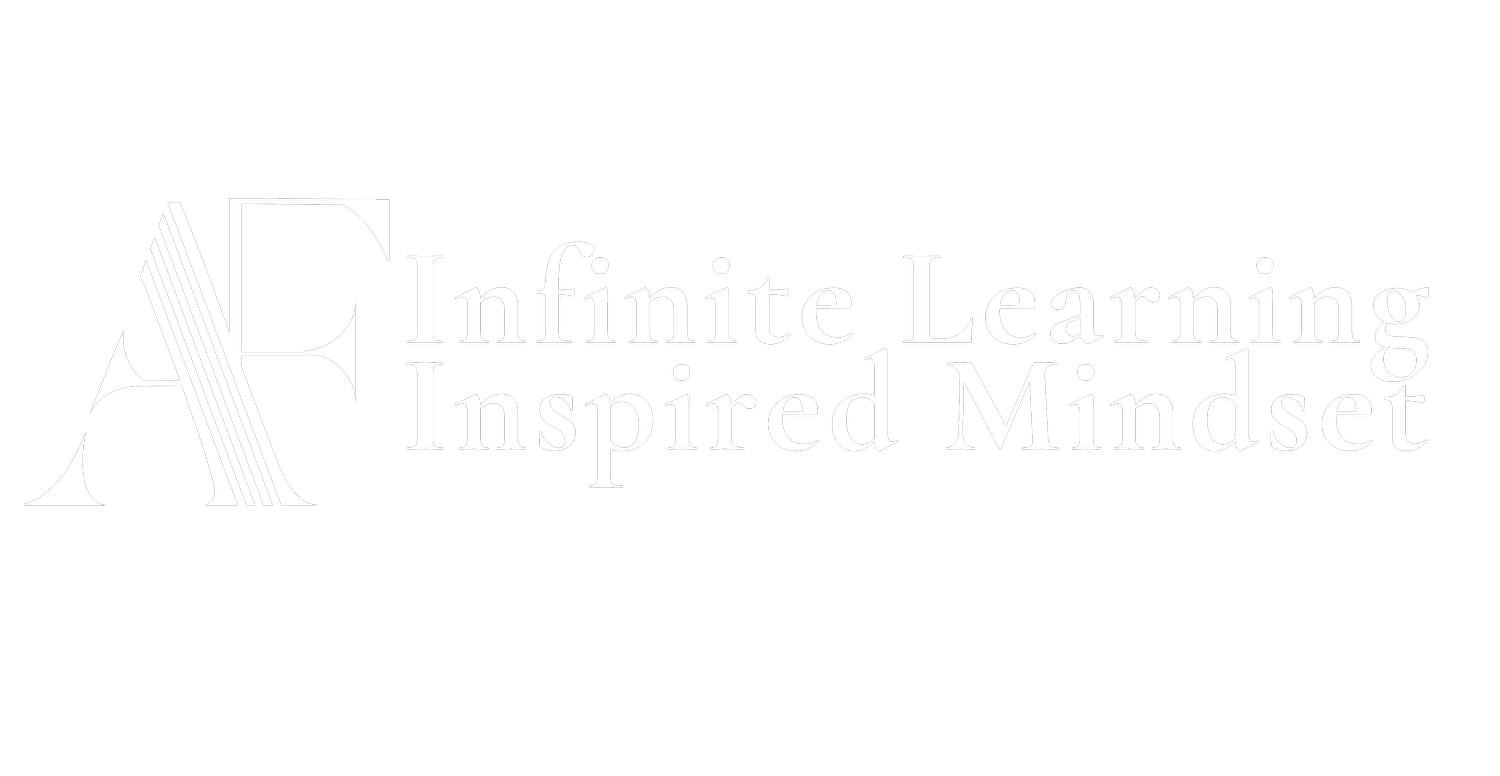To Compete Against the Future
This article was originally published on The Huffington Post.
There’s a reason why the recent recovery has been so slow, with anemic jobs growth and crippling unemployment: The most dynamic engine of our economy is leaking fuel.
That engine is entrepreneurship. The United States has long depended on start-up businesses to create new industries and the jobs they bring. Many entrepreneurs built organizations that grew as fast as they could hire. Although some failed to survive, those that thrived now employ millions in industries undreamed of a few decades ago.
But now, technology has made it possible for entrepreneurs to start businesses without creating so many jobs. Nearly half of the innovative start-ups that have lasted five years or more were founded by such “user entrepreneurs” — individuals that build products, service customers, and come to market armed only with an Internet connection and a few outside contractors, according to a study by the Ewing Marion Kauffman Foundation, the Kansas City non-profit dedicated to educating entrepreneurs.
The result is what Kauffman researcher E. J. Reedy calls a “slow leak” in the creation of new jobs. Reedy discovered that new businesses employed about half the number of workers last year than they did in 1999. And where an average new business had 7.7 workers at the height of the dot-com boom, last year it employed 4.7 employees. Case Western Reserve University professor Scott Shane warned in a New York Times interview, that there are “fewer and fewer [entrepreneurs], and they’re each employing fewer people.”
The answer is simple: More entrepreneurs. In a world in which average college graduates will hold 15 or more jobs in the course of their careers, according to a Future Workplace study, we must teach people to be entrepreneurial, to seize opportunities as yet unseen and craft their own destinies. Students must learn to build their personal brands, and market those brands in the global work arena. And there is only one institution that can do that job: higher education.
But higher education cannot create a new class of entrepreneur, one prepared to compete against the future, if it remains the way it is now.
Our institutions of learning, built on a model that is centuries old, have long prepared students for careers in industry. Now we have to produce graduates who can be intellectually agile and entrepreneurially driven.
Consider the Internet. In two short decades — less than half a working life — it grew from a small experiment to a global platform that drives giant online industries, from the big data “cloud” that hosts information from millions of businesses to disruptive innovators like online retailer Amazon.com, which are tearing down the old models as they create thriving new ones.
Yet higher education failed many of the pioneers who blazed that trail to the modern online world. Steve Jobs, co-founder of Apple Inc., the most valuable company in America, spent only six months as a college student. (“I couldn’t see the value in it,” he said.) Microsoft Corp.’s Bill Gates and Facebook Inc.’s Mark Zuckerberg both dropped out of Harvard University. In fact, nearly 16 percent of the 400 most affluent Americans never graduated from college, according to a January story in Forbes magazine.
Peter Thiel, the co-founder of the online payments system PayPal, provided $100,000 scholarships to two dozen students to pursue “entrepreneurial ventures,” on one condition: They had to drop out of college for at least two years. For him, college is irrelevant, because as the pace of global change raced forward, higher education has clung to the status quo. It has failed to innovate, failed to experiment, and failed to change.
In the 21st century, higher education must be committed to continual transformation, with a dedicated mission to mold students into global citizens, intellectually agile and entrepreneurially driven. It will not be easy to shake off centuries of academic tradition — there are too many stubborn constituencies fighting to retain their influence, and to keep things just as they are. But as Fredrick Douglass said, “If there is no struggle, there is no progress.”
A culture of selective experimentation will allow the great entrepreneurs of the future to be nurtured in the focused environment only higher education can provide. It is only in a college environment that people can spend dedicated years preparing to compete against the future, to achieve not only material success, but success as global citizens. Students form relationships that will last a lifetime; learn deeply the skills and knowledge they need to engage with the world at large; and receive the skills and certification necessary to build careers.
Higher education must be relevant, connected, and engaged. It must be made affordable, so future generations are not crippled by debt. It must open the door for students to begin building careers even before they graduate, so they can begin chasing the opportunities of the future without delay.
Most of all, colleges must become entrepreneurial boot camps, immersive training centers that produce graduates with not only the knowledge, but the skills and attitudes needed to build a rich future — to run the entrepreneurial engine at high speed.

